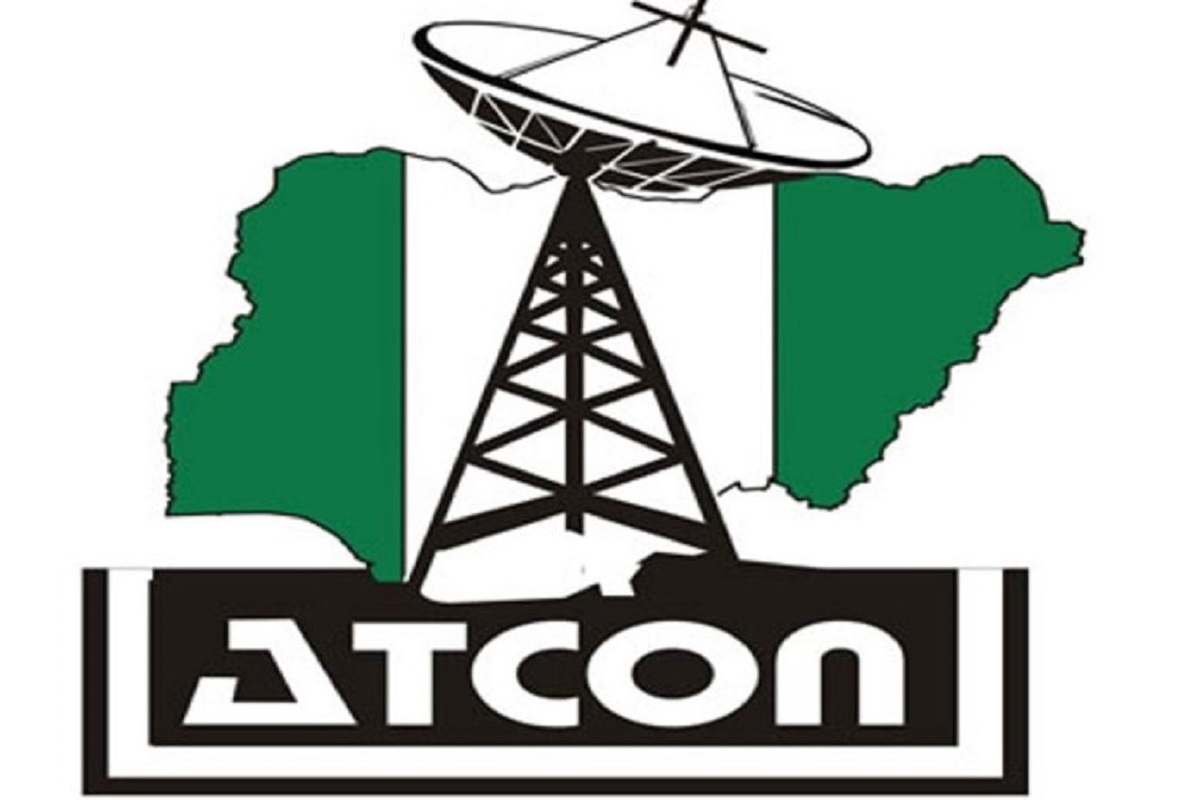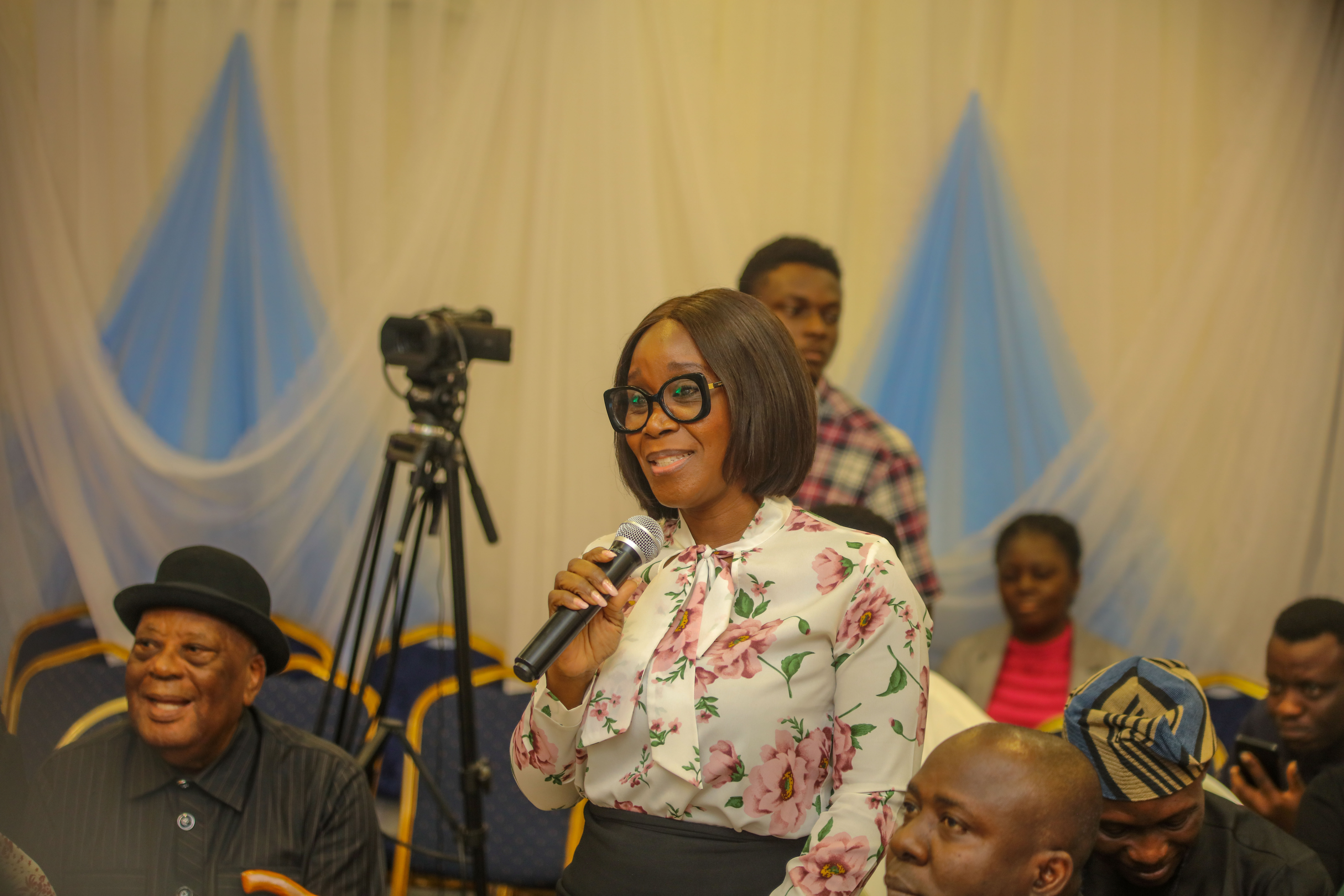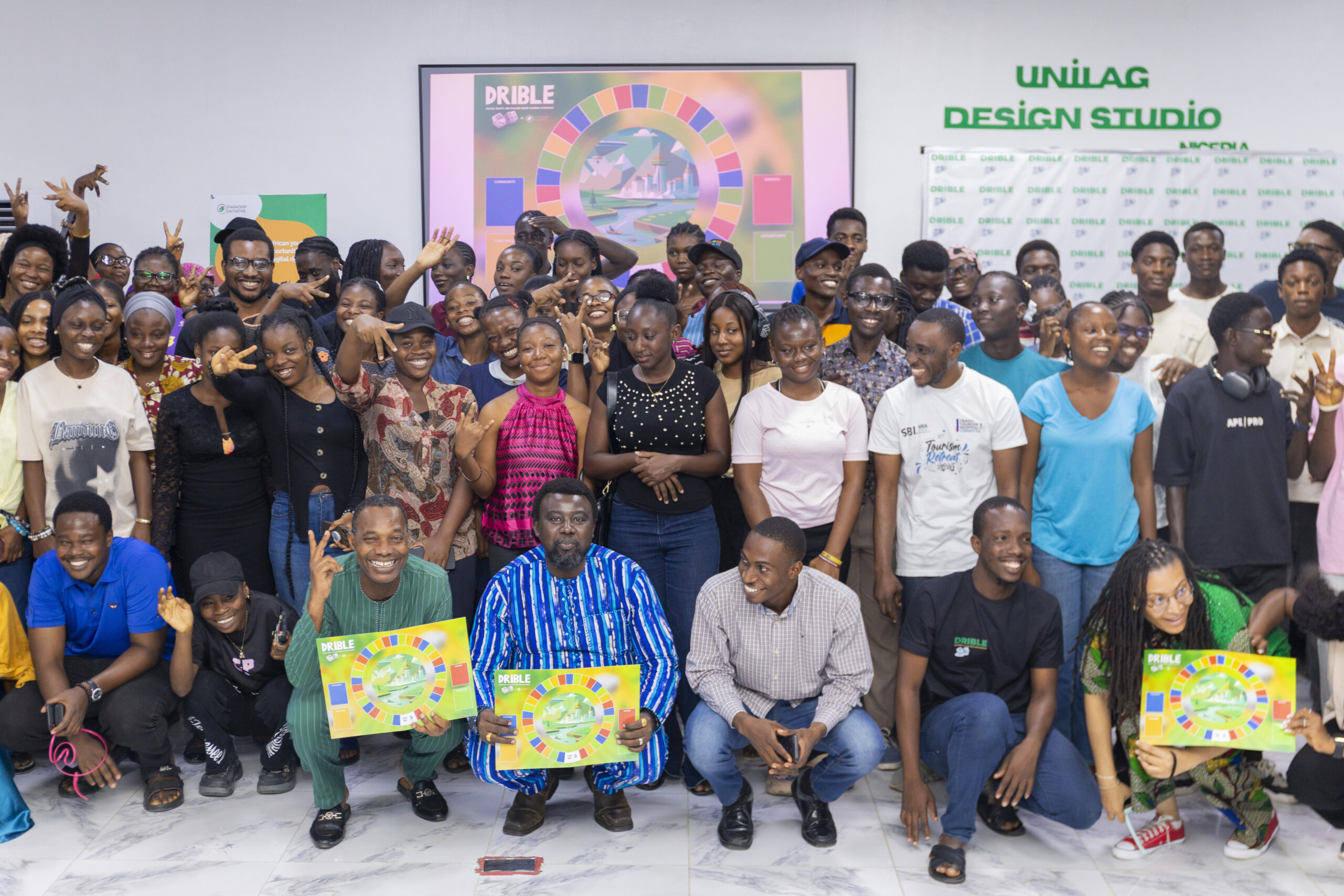Telecom
ATCON Demands Starlink Review after Unapproved Tariff Hike

Association of Telecommunications Companies of Nigeria (ATCON) is reportedly demanding a full review of Starlink’s operations in the country after the LEO satellite operator jacked up its prices without regulatory approval.

Last week, according to media reports, Starlink sent a message to its customers in Nigeria saying it will almost double its monthly subscription fee from N38,000 ($23.40) to N75,000, citing excessive inflation.
The message also said Starlink will raise the cost of its terminal kit from N440,000 to N590,000.
Meanwhile, the cost of its regional roaming plan (which allows customers to use terminal kits anywhere in Nigeria rather than a fixed location) will increase from NGN49,000 to NGN167,000.
Reuben Muoka, director of public affairs for the Nigerian Communications Commission (NCC), said that while Starlink did file a request with the NCC to raise its tariffs, the commission has not yet given official approval.
The NCC also issued a statement saying it would sanction Starlink over the matter, although it retracted the statement later the same day, saying it was “issued in error”.
That said, Starlink could still face disciplinary action, as the Nigerian Communications Act (NCA) 2003 specifically requires telecoms operators to obtain prior approval from the NCC before adjusting any tariffs.
While Starlink said existing customers would not have to pay the adjusted tariffs until October 31 – theoretically giving the NCC time to grant approval – new customers signed on before then would be charged according to the new pricing scheme.
Tony Emoekpere, president, ATCON issued a statement urging the NCC to take action, complaining that Starlink’s unauthorised price hike is unfair to local operators who must follow the same regulations.
Emoekpere also said Starlink’s pricing model creates an uneven playing field because it’s tied to international benchmarks.
“Competing with foreign entities that benchmark against the dollar creates a serious challenge [for Nigerian operators],” he said.
Emoekpere called on the government to review Starlink’s licencing conditions and require them to localize their operations.
“Otherwise, we risk creating an unfair advantage that could harm local players.”
Ironically, Starlink’s planned price increase brings it more in line with equivalent fixed-broadband services in Nigeria.
According to an analysis by Space in Africa, the median monthly subscription fee for six fixed-broadband providers that offer a 1,000GB data package similar to Starlink’s is a little over N74,000
Telecom
MTN’s ₦31.75Bn Investment in Health Lauded at Arthur Mbanefo Lecture

MTN Foundation has been spotlighted as a model for private sector-driven healthcare development in Nigeria, following commendations at the 6th Arthur Mbanefo Lecture held at the University of Lagos, Akoka.

Themed “A Healthy Nation is a Wealthy Nation: The Role of Impact Investments and Sustainable Financing in Nigeria,” the lecture featured Dr. Tolulope Adewole, Managing Director of NSIA Advanced Medical Services Limited (MedServe), as keynote speaker.
Dr. Adewole praised the Foundation’s strategic investments, noting that MTN commits 1% of its profit after tax annually to development sectors. “They’ve invested ₦31.75 billion, reaching over 32 million Nigerians. Though only 25% went to health, it accounted for 51% of all lives impacted. That’s catalytic,” he said.
He cited MTN’s dialysis centre programme as a transformative intervention for patients with kidney disease, and highlighted community-focused initiatives like the Y’ello Doctor mobile scheme and ‘What Can We Do Together’ (WCWDT) programme, which revitalised 164 Primary Healthcare Centres, including 44 in 2024 alone.
Executive Director of MTN Foundation, Odunayo Sanya, reflected on the COVID-19 pandemic’s exposure of systemic health vulnerabilities. “When COVID hit, we realised a health emergency is also an economic and social emergency,” she said.
Sanya revealed that of the 52 PHCs remodeled in 2024, only one had clean water. “I’m not a doctor, but I know you can’t live a good life without clean water,” she added, reaffirming the Foundation’s commitment to bridging healthcare gaps in underserved communities.
Telecom
PIN to Empower 20 Million Youths with New Digital Rights Board Game

Hundreds of university students across Africa are set to benefit from a new gamified learning experience on digital rights and inclusion launched by the leading pan-African non-profit organisation, Paradigm Initiative (PIN).

The Digital Rights and Inclusion Board Learning Experience (DRIBLE) is a game developed by Paradigm Initiative with support from the Open Society Foundations (OSF). The custom-designed board game provides young individuals with a fun and engaging entry point into digital rights and inclusion conversations, training sessions and storytelling tools.
The board game aims to build digital literacy, deepen understanding of online safety, and introduce young individuals to the organisation’s tools of impact. Currently being piloted in three universities: University of Lagos, Nigeria, the Catholic University of Eastern Africa (CUEA) in Nairobi, Kenya and the Dakar American University of Science and Technology (DAUST) in Dakar, Senegal, it will enhance interactions and create a holistic experience.
Speaking at the event launch at the University of Lagos, Nigeria, ‘Gbenga Sesan, Paradigm Initiative’s Executive Director, said: “PIN’s vision is to reach 20 million people through our Digital Inclusion and Digital Rights interventions. From Lagos, to Dakar, to Nairobi.. we will use the vehicle of our new Digital Rights and Inclusion Board Learning Experience (DRIBLE) which entails using gamification, training, multimedia materials, tools and other interventions to connect African youth with digital opportunities and protect their digital rights.”
‘Gbenga gave the keynote address on “Digital inclusion at PIN, our Past, Present and Future” and Nnenna Paul-Ugochukwu, the organisation’s Chief Operating Officer, said the goal of the learning experience would be instrumental in raising awareness of digital rights among the youth, building their capacity to address digital rights and inclusion issues in their communities. Prof. Olunifesi Adekunle Suraj shared a goodwill message with the students and other stakeholders.
Paradigm Initiative, which has been operational since 2007, started in a tiny cybercafe in Ajegunle, Lagos, Nigeria. Today, the organisation has expanded its wings to cover six African countries; Cameroon, Kenya, Nigeria, Senegal, Zambia and Zimbabwe, impacting the livelihoods of over 150,000 young Africans.
The launch of DRIBLE builds on the progress the organisation has made over the years in tackling the challenge of digital exclusion across Africa.
Paradigm Initiative’s tools of impact include Ripoti, a platform that enables individuals to report digital rights violations, Ayeta, a platform that provides digital security resources for stakeholders, more so human rights activists, defenders, journalists and other vulnerable groups, and the organisation’s latest short film, Whispers in the Wires.
Targeted at students, PIN rolled out a Campus Tour in the three universities on the continent starting July 15th, 2025.
Telecom
Meta Cracks Down on Fake Accounts, Deletes 10m Profiles

Meta, the parent company of Facebook, has intensified its crackdown on fake accounts and spam, announcing it removed over 10 million fake profiles and roughly 500,000 spam accounts in the first half of 2025.

The sweeping purge is part of Meta’s broader effort to combat impersonation, fake engagement, and content duplication, aiming to elevate authentic creators and improve the quality of content across its platforms.
In a blog post, Meta said: “We’re making progress. In the first half of 2025, we took action on around 500,000 accounts engaged in spammy behaviour or fake engagement. We also removed about 10 million profiles impersonating large content producers.”
Meta stressed that accounts which primarily repost or recycle content without meaningful edits will face penalties such as reduced reach and the loss of monetisation tools.
The company also warned that repeatedly sharing unoriginal content — whether videos, photos, or text — undermines the platform’s integrity by crowding out genuine voices and making it harder for new creators to grow.
To support authentic creators, Meta is rolling out new tools that automatically trace reposted content back to its original source. The company says this will help ensure rightful credit and give higher visibility to original posts.
“Pages and profiles that post mostly original content tend to enjoy wider distribution across Facebook. Simply stitching clips together or adding a watermark will no longer count as meaningful editing. Content that provides real value and tells an authentic story is likely to perform better,” Meta explained.
Creators are also being cautioned against uploading content that includes watermarks from other platforms. Such posts could see their reach restricted or lose monetisation privileges altogether.
As part of its latest update, Meta introduced post-level insights on the Professional Dashboard, allowing creators to monitor how individual posts perform. They can also check their Support Home screen to see if their content or earnings are facing restrictions.
In a parallel development, Google’s YouTube updated its monetisation guidelines, stating that content deemed mass-produced or excessively repetitive will no longer qualify for ad revenue. The announcement initially sparked concern among creators, who feared it was a blanket ban on AI-generated content. YouTube later clarified:
“We welcome creators using AI tools to enhance their storytelling, and channels that use AI in their content remain eligible to monetise.”
Both tech giants say these new policies are aimed at raising content standards and safeguarding genuine creators in a crowded and rapidly evolving digital landscape.

 E-Financial2 days ago
E-Financial2 days agoZenith Banks Leads as 8 Banks Suffer N156Bn Impairment Charges

 Telecom2 days ago
Telecom2 days agoMTN @ Swish Fusion Summit, Showcases 5G Rollout Strategy

 E-Business2 days ago
E-Business2 days agoOlatunji, NDPC Boss Calls for Integrated Strategy on Data Privacy, Cyber-Security

 Telecom1 day ago
Telecom1 day agoMTN’s ₦31.75Bn Investment in Health Lauded at Arthur Mbanefo Lecture

 E-Business2 days ago
E-Business2 days agoKaspersky Experts Warn of the Risks Hidden Behind QR Codes

 News2 days ago
News2 days agoUS Launches ‘Window on America’ @ Ogun Tech Hub

 E-Financial2 days ago
E-Financial2 days agoSEC Flags FF Tiffany as Ponzi Scheme

 News2 days ago
News2 days agoSEC Probes Ponzi Scheme Linked to FF Tiffany

























